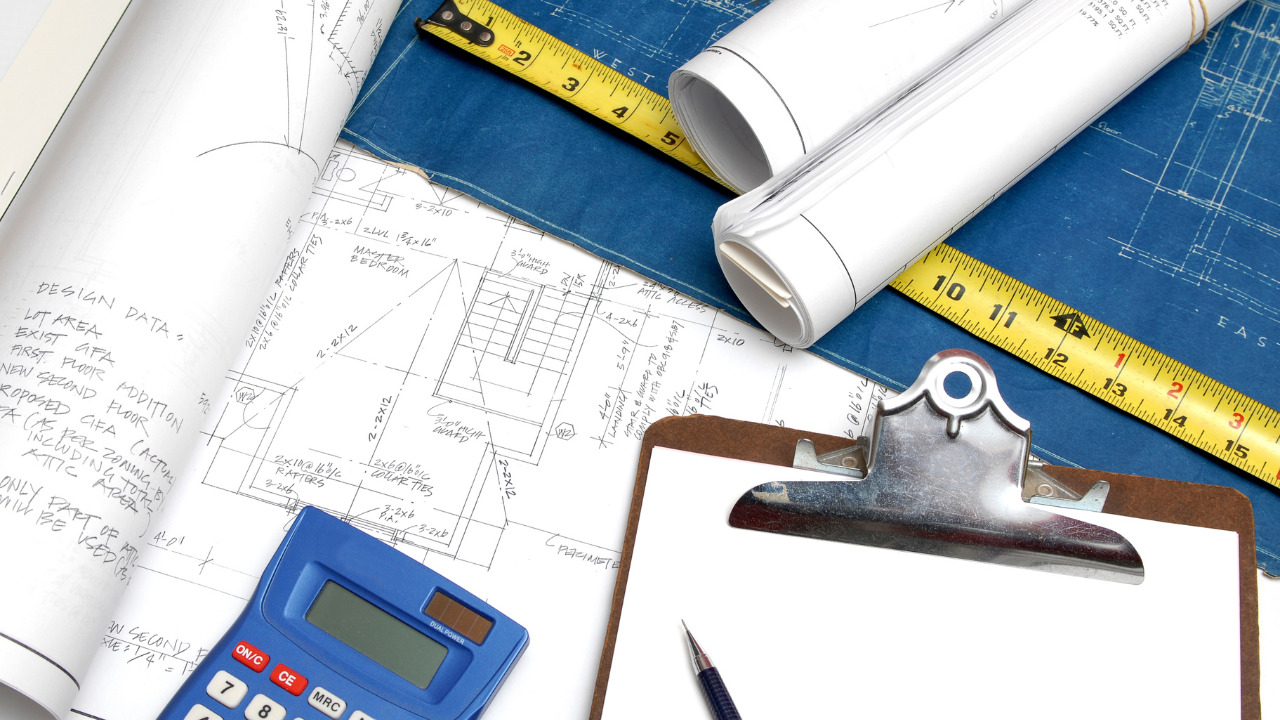Construction estimating service is an indispensable process in the construction industry that involves determining the projected cost of a construction project.
It plays a vital role in ensuring that the project is financially viable and can be completed within the allocated budget. In this comprehensive guide, we will delve into the various aspects of construction estimating service, its significance, challenges faced, best practices, and future trends.
Table of Contents
Types of Construction Estimates
There are several types of construction estimates, each serving different purposes and stages of a project:
- Preliminary estimates: These are rough estimates made at the initial stage of project planning to evaluate its feasibility.
- Detailed estimates: Detailed estimates are created during the design phase and involve a comprehensive analysis of project plans and specifications.
- Unit price estimates: Unit price estimates involve determining the cost of a single unit of construction, such as per square foot or per meter.
- Lump-sum estimates: Lump-sum estimates provide the total cost of the entire project, typically used in fixed-price contracts.
Key Factors Affecting Construction Estimates
Accurate construction estimates depend on the consideration of various factors:
- Materials cost: The prices of construction materials can fluctuate based on market conditions and availability.
- Labor cost: Labor costs are influenced by wage rates, labor productivity, and the complexity of the project.
- Equipment cost: The cost of using construction equipment must be factored in the estimate.
- Overhead expenses: Indirect costs, such as insurance and administrative expenses, impact the overall estimate.
- Location and site conditions: The geographic location and site characteristics can affect material transportation and site preparation costs.
Steps Involved in Construction Estimating
Construction estimating services involves a series of systematic steps:
- Reviewing project plans and specifications: Understanding the project scope, requirements, and specifications is crucial.
- Quantity takeoff: Measuring and quantifying the materials required for construction.
- Pricing the materials: Obtaining accurate prices for the construction materials.
- Calculating labor costs: Estimating labor hours and their corresponding costs.
- Factoring in indirect costs: Including overhead expenses and contingency costs.
- Adding contingency: Allowing for unexpected expenses or uncertainties in the estimate.
Advanced Estimating Techniques
To enhance the accuracy and efficiency of construction estimates, advanced techniques are utilized:
- Parametric estimating: Using historical data to estimate costs based on project characteristics.
- Building Information Modeling (BIM) in estimating: Leveraging 3D models to derive accurate quantities and cost information.
- 5D estimating: Combining 3D BIM models with time and cost data for detailed estimates.
- Cost databases and software: Utilizing specialized software and databases for streamlined estimating.
Importance of Accurate Construction Estimates
Accurate construction estimates offer numerous benefits to construction companies:
- Avoiding cost overruns: Precise estimates help prevent unexpected expenses and keep the project within budget.
- Bidding competitively: Accurate estimates enable companies to submit competitive bids and secure more projects.
- Establishing realistic project budgets: Realistic budgets set the foundation for successful project execution.
- Gaining client trust and satisfaction: Transparent and accurate estimates build trust with clients.
Challenges in Construction Estimating
Construction estimating comes with its own set of challenges:
- Inaccurate or incomplete project information: Limited data can lead to imprecise estimates.
- Fluctuating market prices: Volatile material and labor costs can affect the accuracy of estimates.
- Uncertain economic conditions: Economic fluctuations may impact project budgets.
- Skill shortage in estimating workforce: Finding skilled estimators can be challenging.
Best Practices for Construction Estimating
To improve the reliability of construction estimates, certain best practices should be followed:
- Utilizing historical data: Past project data helps in making more informed estimates.
- Regularly updating cost databases: Keeping cost databases up-to-date ensures accurate pricing information.
- Collaborating with project stakeholders: Involving all stakeholders fosters better understanding of project requirements.
- Using reliable estimating software: Specialized software streamlines the estimating process and reduces errors.Also explore How to Grow Your Construction Business in 2023?
Benefits of Outsourcing Construction Estimating Services
Outsourcing construction estimating services can offer significant advantages:
- Cost-effectiveness: Outsourcing eliminates the need for in-house estimating teams, reducing overhead expenses.
- Access to specialized expertise: Skilled estimating professionals provide accurate and reliable estimates.
- Focus on core competencies: Outsourcing allows construction companies to focus on core business activities.
- Improved accuracy and efficiency: Expert estimators utilize advanced tools and techniques for precise estimates.
Future Trends in Construction Estimating
The construction estimating landscape is evolving with technological advancements:
- AI-driven estimating tools: Artificial intelligence will enhance estimating accuracy and speed.
- Automation in quantity takeoff: Automated quantity takeoff software will expedite the estimation process.
- Integration of estimating and project management software: Seamless integration will improve project planning and execution.
Conclusion
Construction estimating service is the backbone of successful construction projects. Accurate estimates lead to better financial planning, improved project execution, and increased client satisfaction. By embracing advanced techniques, best practices, and staying abreast of future trends, construction companies can optimize their estimating processes and achieve greater success.
FAQs
- Q: What is construction estimating service?
A: Construction estimating service involves determining the projected cost of a construction project before its commencement. - Q: Why are accurate construction estimates essential?
A: Accurate estimates help avoid cost overruns and establish realistic project budgets, ensuring project success. - Q: What are the types of construction estimates?
A:The types include preliminary estimates, detailed estimates, unit price estimates, and lump-sum estimates. - Q: How can advanced estimating techniques improve accuracy?
A: Techniques like parametric estimating and 5D estimating utilize data and technology for precise estimates. - Q: Why should construction companies outsource estimating services?
A: Outsourcing provides cost-effectiveness, access to expertise, and improved efficiency in the estimating process





